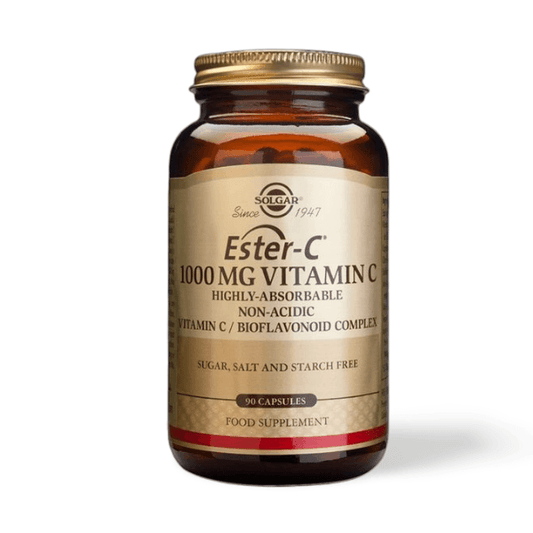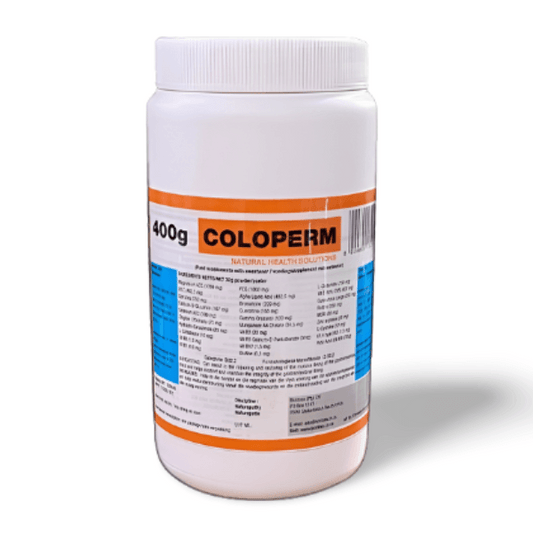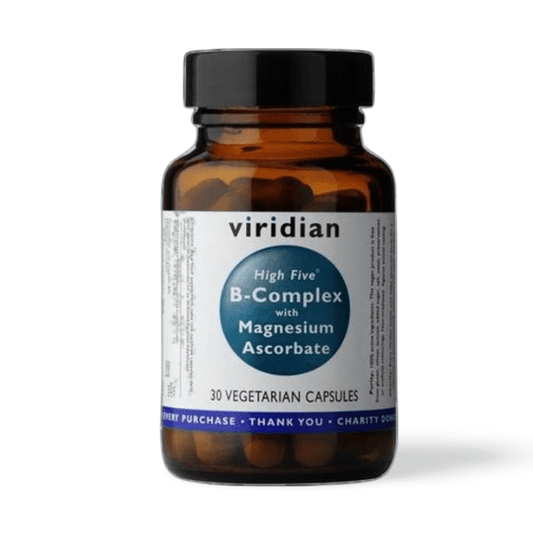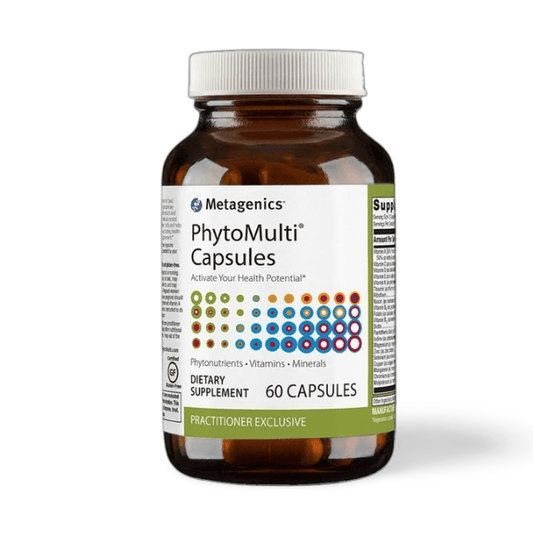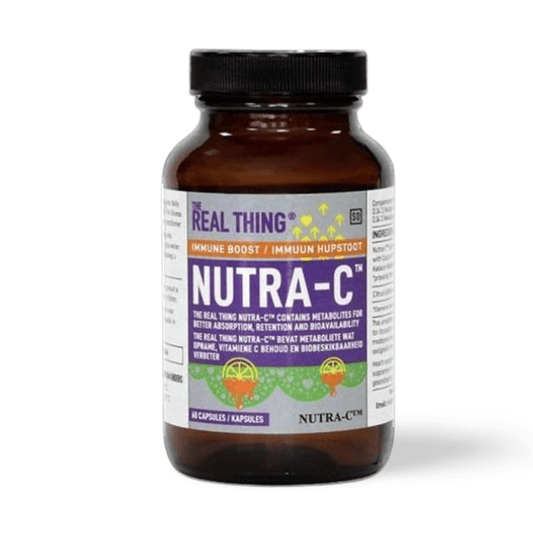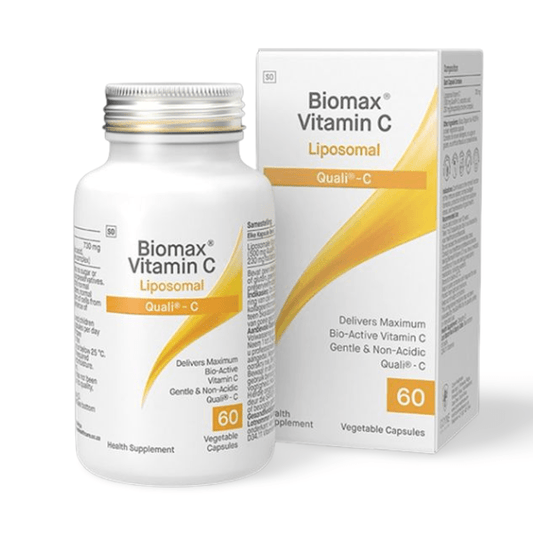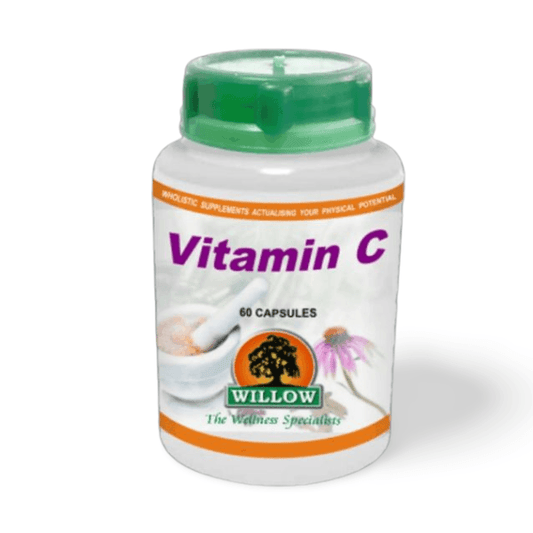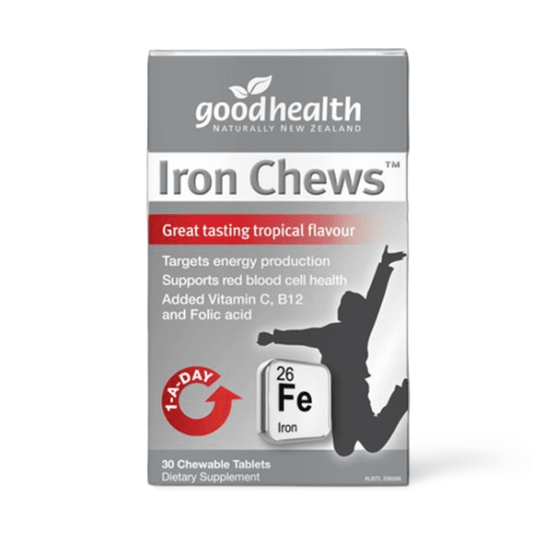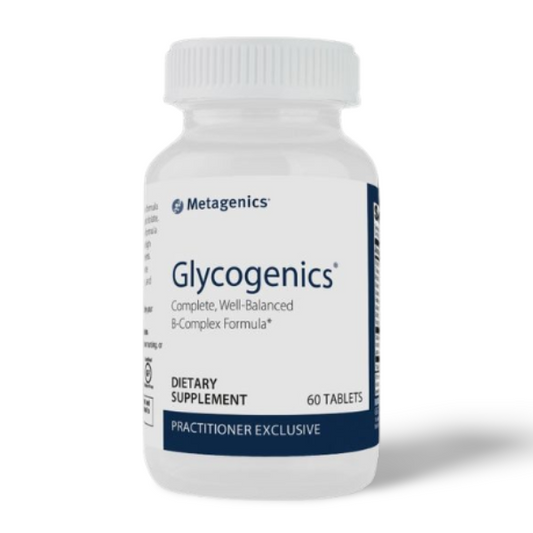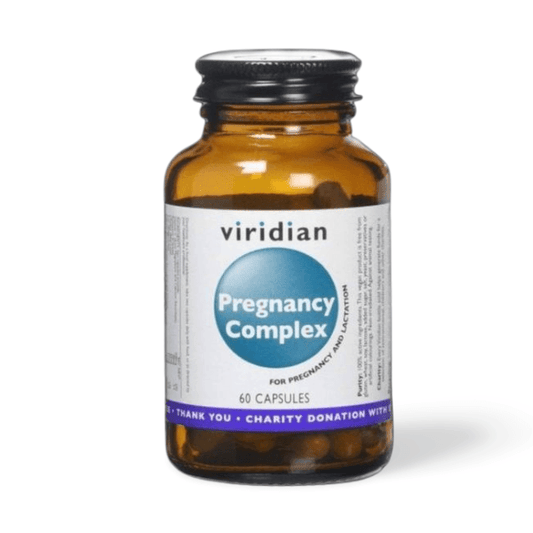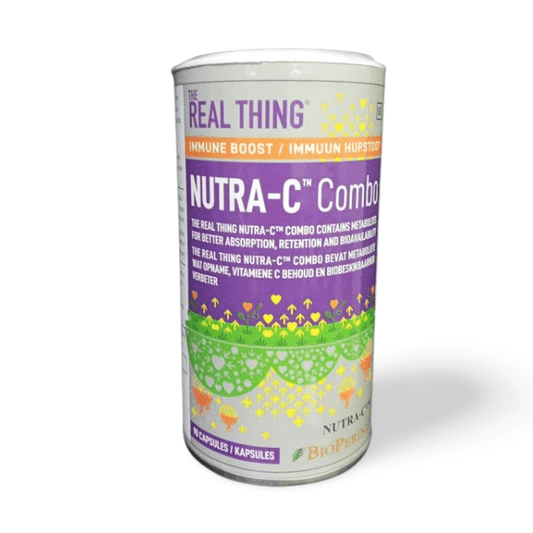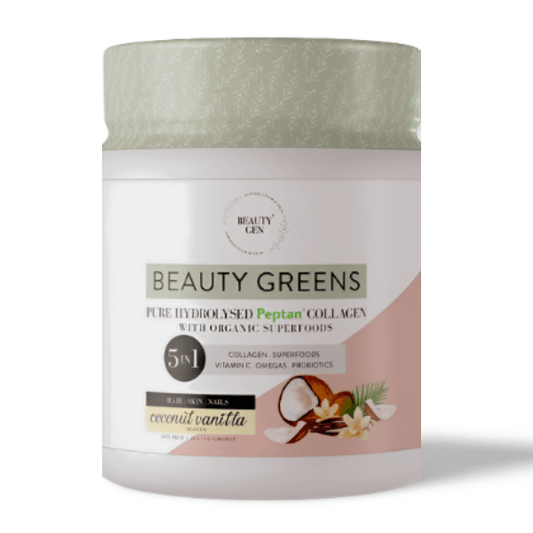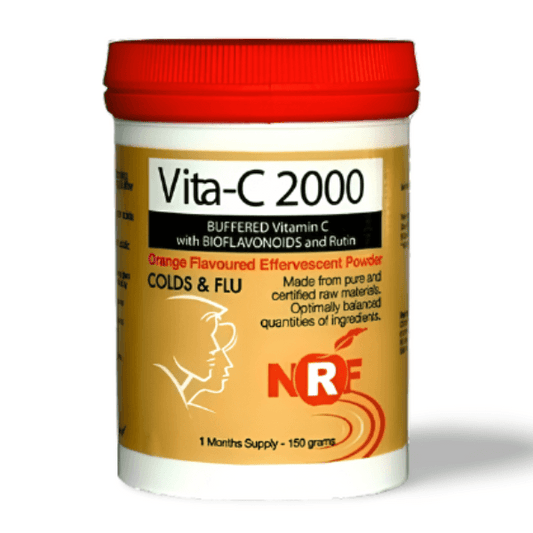Vitamin C Pills
Vitamin C pills are one of the most convenient ways to ensure you get the daily recommended amount of this essential nutrient. Known for its ability to support immune function, Vitamin C tablets also play a crucial role in maintaining healthy skin and promoting the production of collagen, which keeps your skin firm and youthful.
At The Good Stuff, we offer Vitamin C pills ranging from 500mg to 1000mg, providing various dosage options to suit your needs. If you’re looking to strengthen your immune system, combining Vitamin C with Zinc can offer enhanced protection against colds and flu. Our Vitamin C and Zinc supplements are perfect for those who want an all-in-one solution to boost their immunity and overall health. Vitamin C tablets are also easy to take and can be integrated seamlessly into your daily health routine.
Whether you’re aiming to improve your skin’s radiance, boost your immune system, or promote overall well-being, our range of Vitamin C supplements will help you achieve your goals naturally and effectively. Shop our Vitamin C tablets today and enjoy the benefits of this essential nutrient.
Vitamin C Benefits
Vitamin C offers a wide array of health benefits, making it one of the most important vitamins to include in your daily regimen. One of the primary benefits of Vitamin C is its powerful antioxidant properties, which help protect cells from damage caused by free radicals. This protection is essential for preventing chronic diseases and keeping your immune system strong.
In addition to immune support, Vitamin C plays a key role in skin health. It promotes the production of collagen, a protein that helps maintain the skin's firmness and elasticity. Regular intake of Vitamin C can lead to a brighter, more youthful complexion, making it an excellent choice for those looking to enhance their skincare routine.
For those taking Vitamin C 1000mg, the higher dosage provides added benefits, such as increased protection against colds and improved iron absorption. It’s also a popular option for those seeking to reduce the duration of illnesses or prevent frequent colds.
Vitamin C supplements, especially when paired with Zinc, offer a potent combination for overall health. Zinc is another essential nutrient that supports the immune system, aids in healing wounds, and contributes to healthy skin. Together, Vitamin C and Zinc create a powerful duo that enhances your body’s ability to fight off infections and promote overall wellness.
Explore our collections of hair, skin, and nails supplements, weight loss supplements, natural estrogen supplements, and visit our frequently asked questions page for more information on how The Good Stuff can support your health and wellness journey.


